What counts as luck depends on what you're looking for…
My Better Half gave birth to our third child in May of 2017, so he's coming up on a year and a half on this earth as we roll through fall. He's about as close to perfectly adorable as one baby could ever be. He's generally happy and adored by his siblings; he loves social gatherings and being held by lots of friends. He goes by a lot of different nicknames based on his behaviors.
But he loves to wake up more often than our previous children and has less variety in his diet. He has not hit his speech and motor milestones at the same time and rate as our first two kids. So in many ways, our third child has held the mirror up to my face when it comes to my work.
I work with a lot of people who work hard at improving their sleep or that of their loved ones.
I work with a lot of people who work hard at increasing the types of foods their loved ones eat.
I dispense a lot of advice and guidance around eating and sleep routines in my work, and the process of parenting our third child has been quite humbling and eye-opening. Put simply:
Sometimes the evidence does not work so well.
I have read (and re-read) the literature on sleep hygiene, and we consulted with our providers to put in place a well-organized evidence-based approach to increasing the variety in his diet.
And still every day feels the same.
This is all not to say to heck with science/medicine and to go rouge on reality because of it. But this is me acknowledging as a human who happens to be a psychologist that sometimes the ideas and the plans that derive from the scientific method don't apply equally well to all.
That is a sobering thought to hold.
Our third child has given me a different type of appreciation for those who face these issues and deepened my empathy (and my resolve) for how stressful, challenging, and rewarding these things can be.
When I became a parent, I did not know that love could come in so many forms. The way I feel and I respond to each of our children is so different and implicit it defies the words I have here.
Our youngest is his own unique person - challenges, successes, personality, and all. The big kids often call him “Boss Baby” because he has a huge head on a small frame. And, because he wants what he wants when he wants it and he lets us all know it. So as luck would have it, his smile and his laughter are so infectious that our joy clearly continues to outweigh our work.






